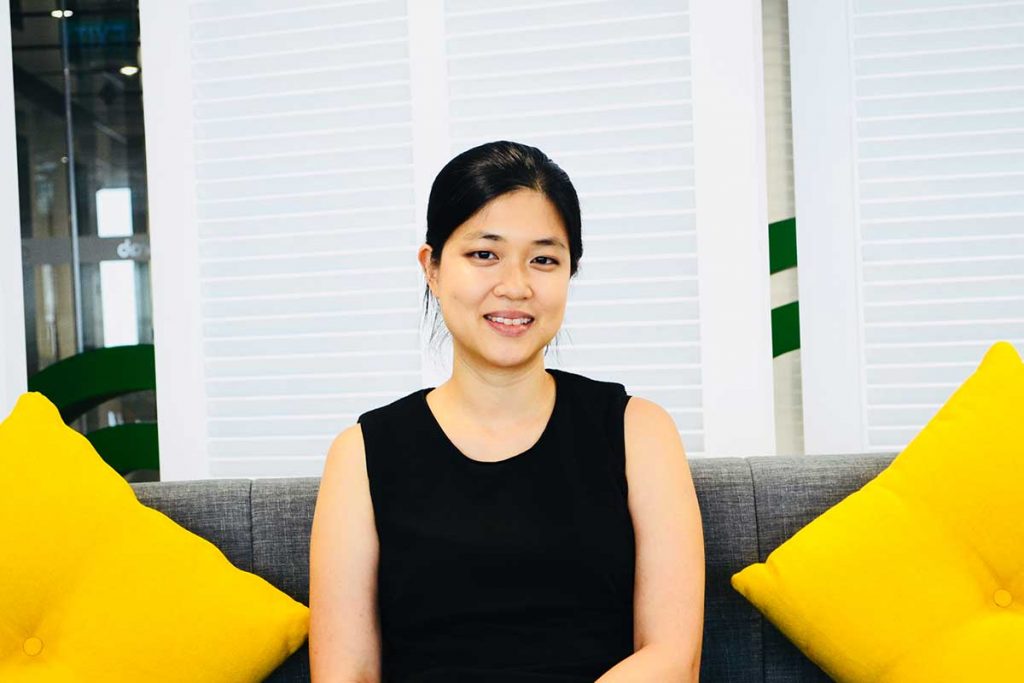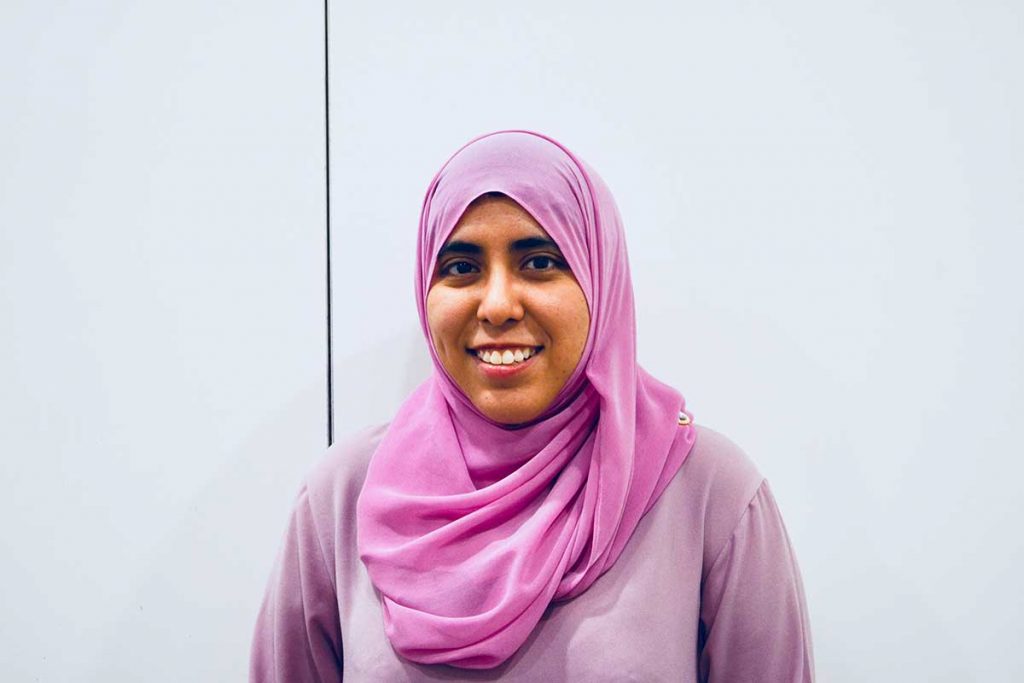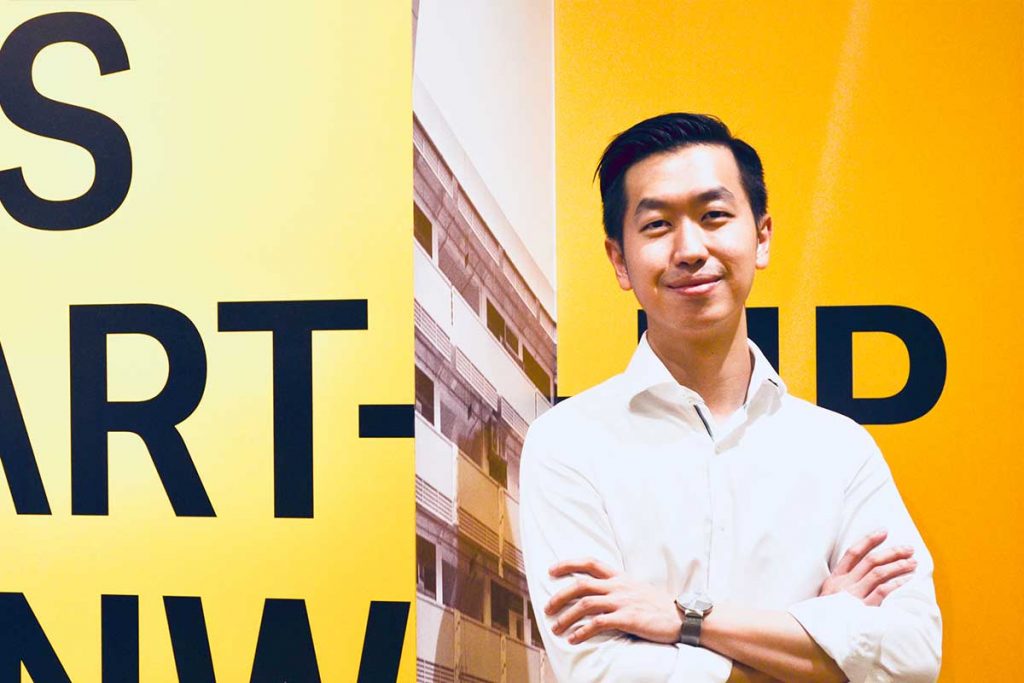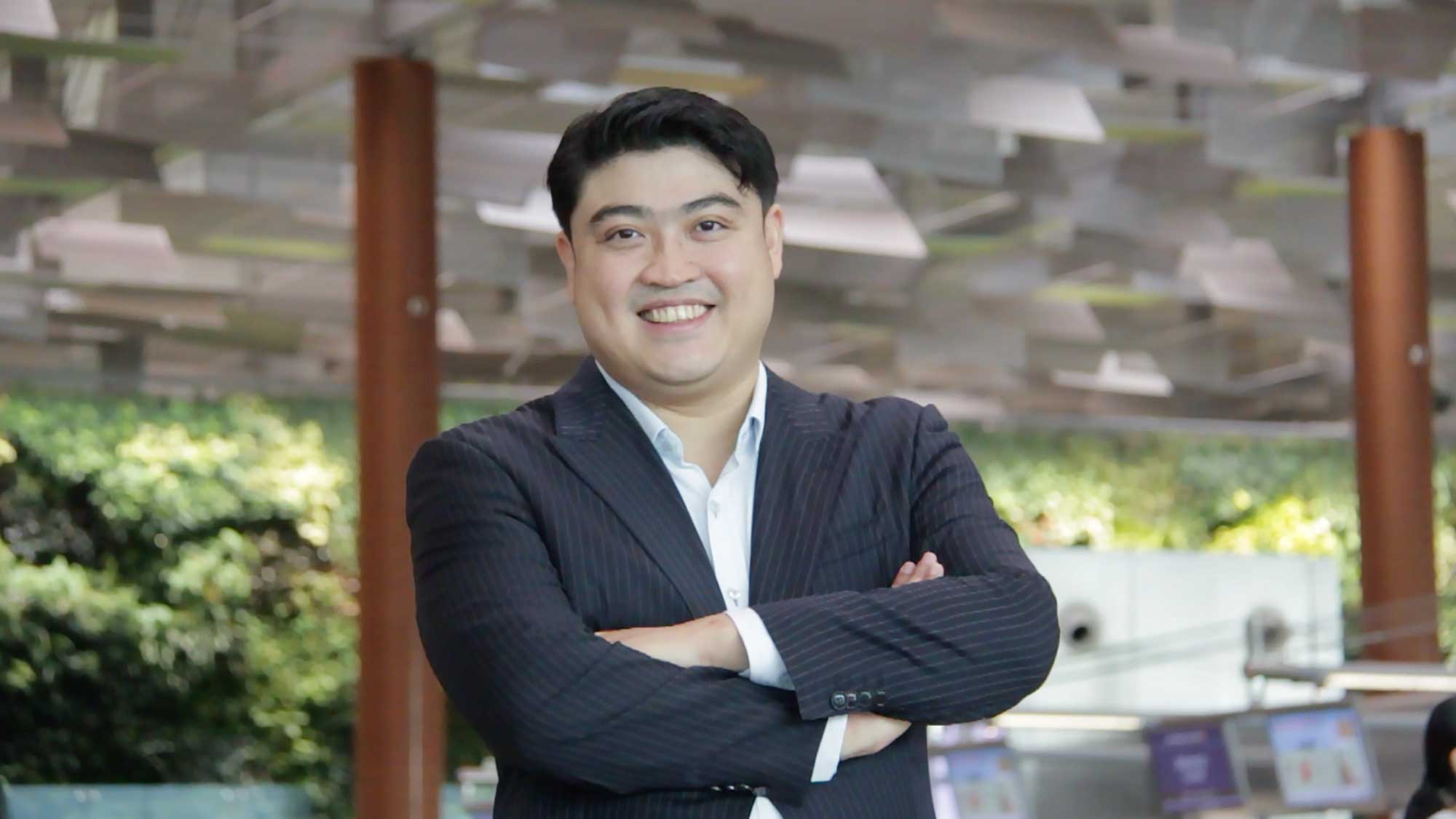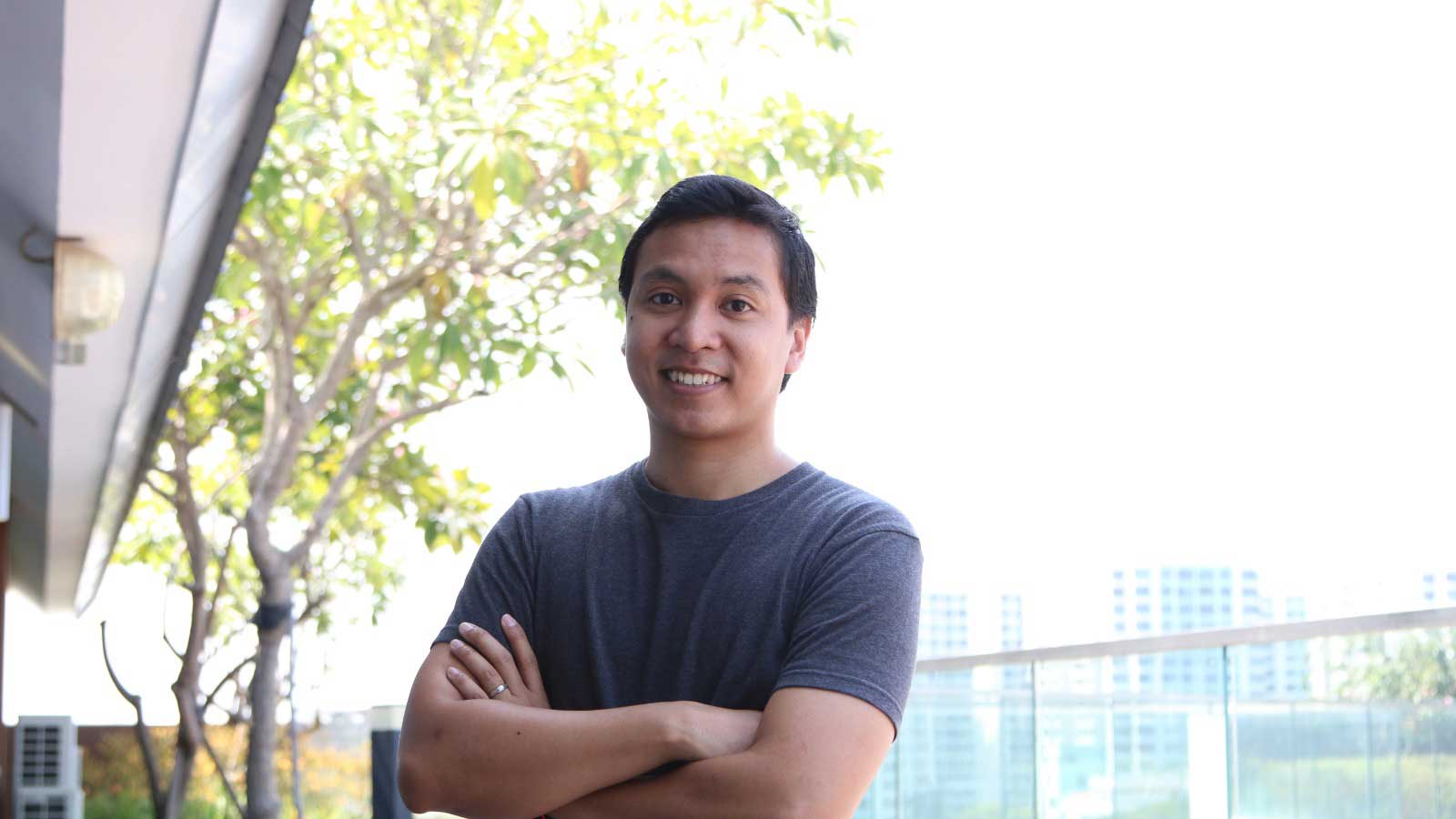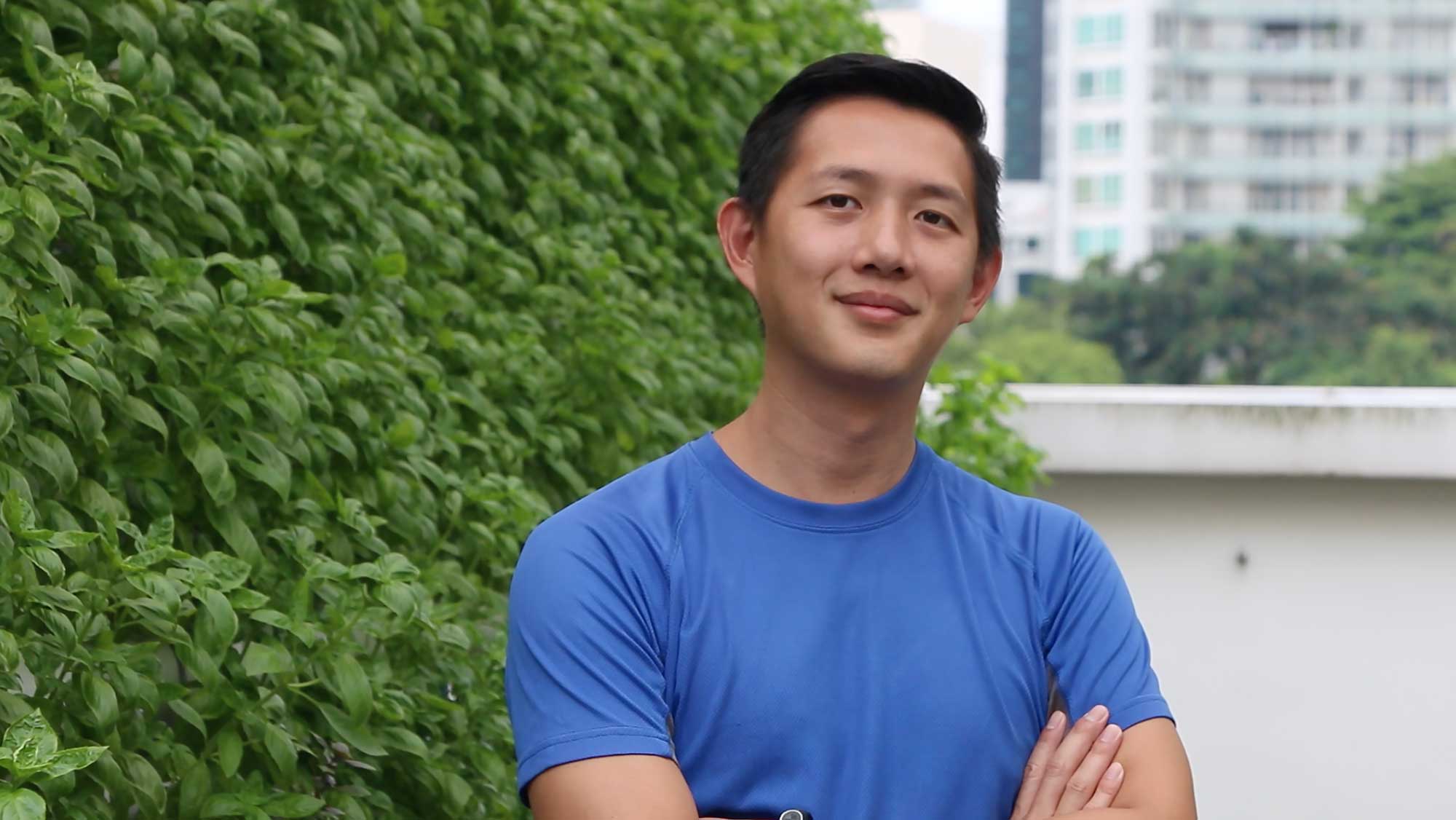Please tell us more about yourself.
I’m 31 years old, and am currently a Speech Language Therapist (SLT) at NTUC First Campus (Child Support Services, Development Support Programme).
What do you do at work on a daily basis?
I carry out mainly pull-out one-on-one therapy sessions at various preschool centers, assisting children with speech and language difficulties, and collaborating with both teachers and parents in facilitating a child’s language learning.
What drives you in doing what you are doing?
Equipping a child with communication skills empowers them to make connections with others and to engage more deeply with their learning environment, enabling them to achieve their potential. There is nothing more rewarding than being part of someone’s journey towards fulfillment and success!
What are some of the challenges that you face being in the industry that you are in?
Lack of awareness and public education about the nature of speech and language difficulties and their impact on children’s lives sometimes prevents help from reaching these children to begin with; parents may decline support from therapists, unable to see the need for intervention, and a child’s difficulties can be allowed to fester until they are far into their academic years.
Collaborating with the people or stakeholders in a child’s life is a huge task that is nonetheless essential to the therapeutic process.

What is your advice to youths who are at a crossroad, unsure of which career path to take?
Instead of jumping to conclusions about a specific profession that might seem attractive, find first an area of personal interest within which one may delve into and explore. Do research about the area of interest, talk to people, participate in available youth activities or projects, and find out what sorts of work and lives people engage in within that field.
I think the right job or career fit often comes from making connections between your personal talents and interests and what exists as a demand or need in the community. So, for example, if one is interested in music, explore what is involved in the field of music. Go and visit music schools (e.g., Yong Siew Toh Conservatory of Music), talk to musicians, music teachers, music therapists, or look into who makes music for our television dramas. Get involved with some musical productions. Think about some of the practicalities of your pursuing this particular career path.
It is okay not to know which specific job is suited to you from the outset; working in a field of interest not only allows you to develop skills-related to the field but often leads you further down the road, to a career that best suits both your passion and talent, and the demand for it in society.
What does it take to survive in the Singapore job market today?
Distinguish yourself with a skill set that is in demand; this requires commitment, hard work, as well as creativity. You need to be smart about how you make yourself useful, marketable, and better yet, indispensable to the field of work or the larger community.
Doing this is no piece of cake, so passion, or at least a modicum of interest, is often a necessary ingredient; if you don’t like something, it is often difficult to be really good at it.
What is your call-to-action/advice to those who want to pursue the industry that you are in?
In the field of special needs, education, and/or allied health, heart is more essential than head. Empathy or having the ability to relate well to people is integral to the job; your interests or specific skills then decide the sort of profession or work you engage in.
I love language so I’m a speech therapist; someone else might be great at art and works as an art therapist. Teachers may simply love interacting with children, so they’re in a classroom with children all day.
Describe the path you took to arrive at the job that you are in right now.
I was doing a hard science subject for my undergraduate course (i.e. computational biology) but after an internship stint at the Institute of Biotechnology and Nanotechnology (IBN), I decided that I had a greater passion for a people-centered job rather than a task-oriented one that scientific research entailed. I also knew that I’ve always had a strength and a love for languages, and I almost changed majors to Linguistics or Literature after my 2nd year in university.
For a while, to fill the void, I engaged in volunteer activities related to teaching and mentoring during my university years. With some further exploring and research, I found out about speech therapy, which as a profession married all my interests: biology and medical science, language, psychology, as well as work that aimed at assisting and rehabilitating people in need.
After I completed my undergraduate study, I immediately applied for the Speech Language Pathology Masters course at Yong Loo Lin School of Medicine. My first place of work was KK Women’s and Children’s Hospital, so I spent the first years of my practice in a medical setting. Now, I have moved on to the educational field, where I feel certain profiles of speech and language disorders can be better addressed.
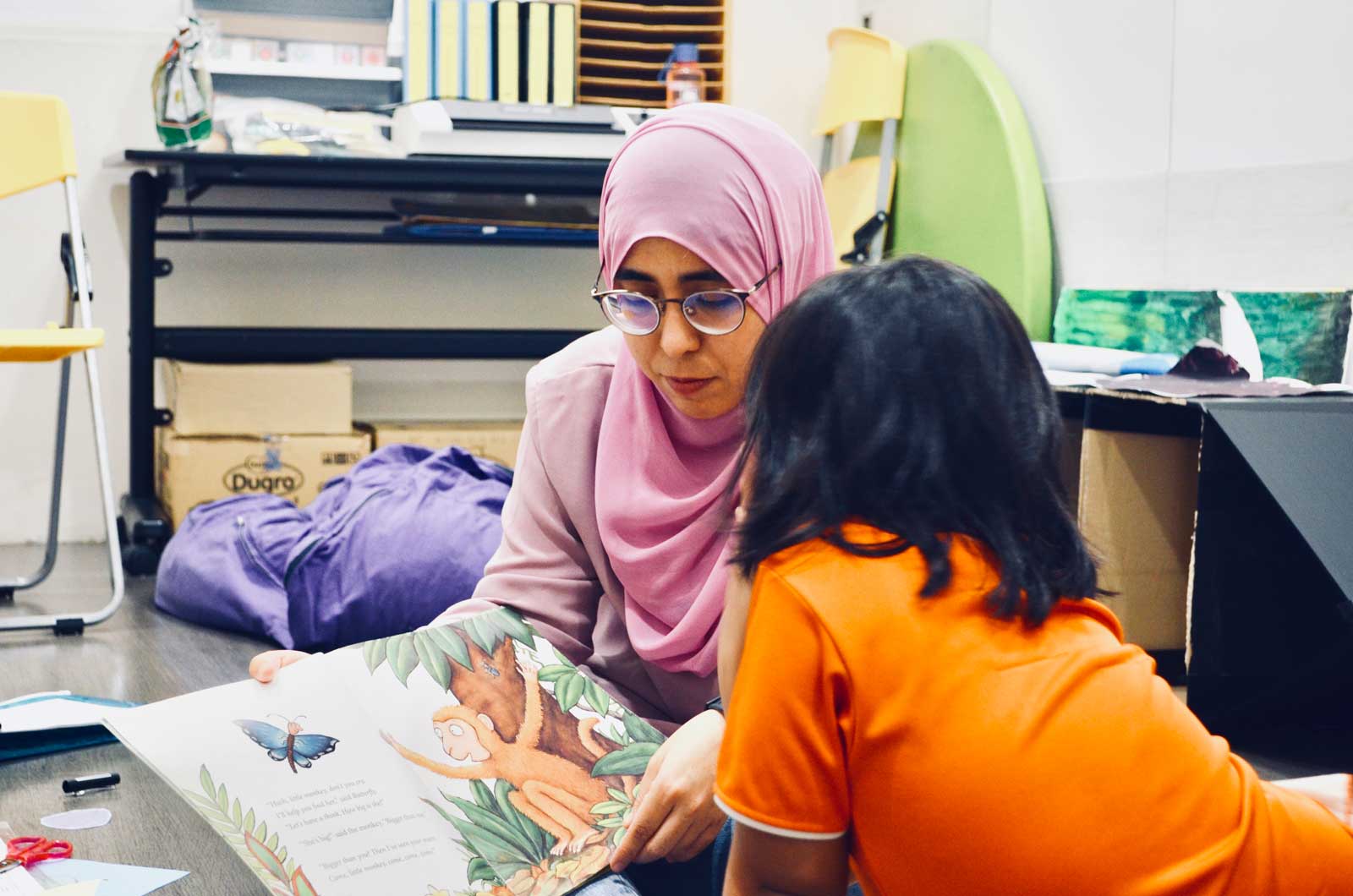
What are some of the perks or benefits of your job?
Being a speech therapist hones your own communication skills, which everyone needs regardless of their job. We’re meant to be experts in helping people learn to communicate so it is necessary that we learn to communicate well ourselves. Working with children is also not only deeply rewarding but can also be really fun, of course.
What are some of the qualities that you believe employers keep a look out for, in potential employees who aspire to work in the industry you are in?
People who aspire to work in this field often need to show good communication skills, good perspective-taking (i.e. empathy), patience and resilience (therapy is a long process), and a sincere passion for helping others.
